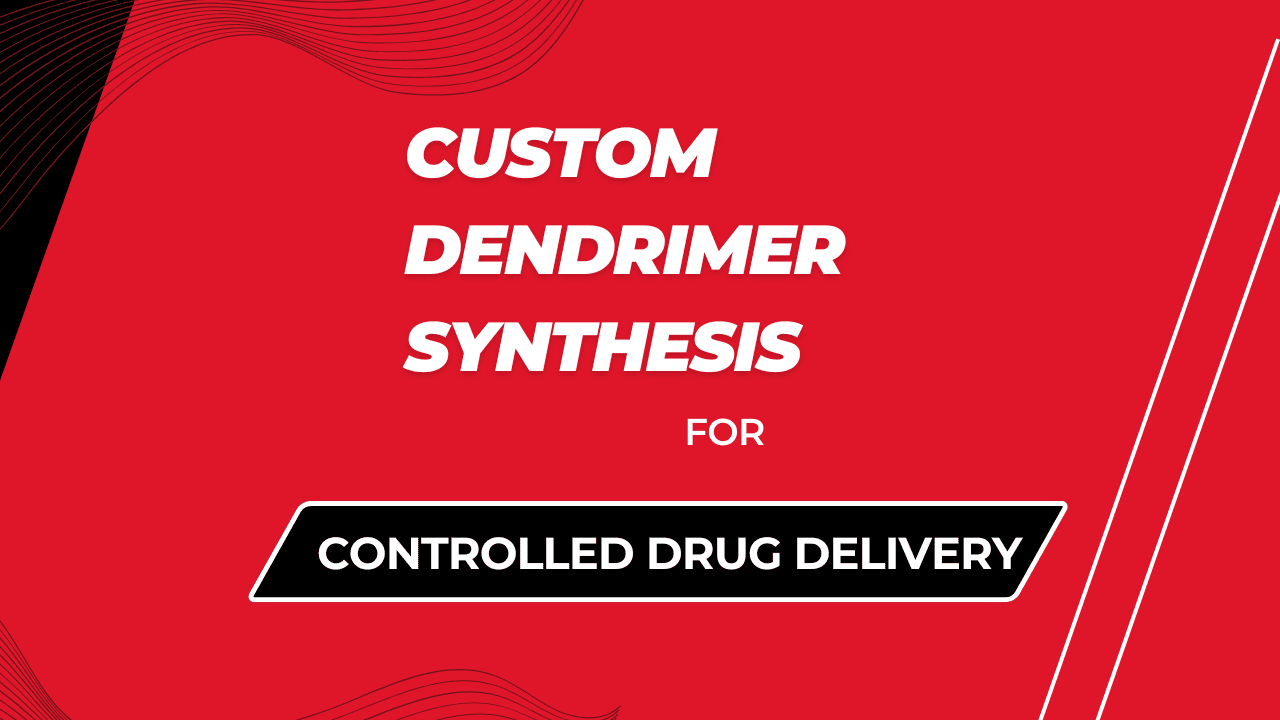Introduction
Cyclodextrin-based dendrimers are at the forefront of advanced drug delivery systems and materials science due to their unique structural properties and functional versatility. While their benefits in pharmaceutical applications are well-documented, understanding their environmental impact is crucial for ensuring their sustainable use. This blog explores the environmental implications of cyclodextrin-based dendrimers, focusing on their life cycle, potential ecological effects, and strategies for minimizing their environmental footprint.
Overview of Cyclodextrin-Based Dendrimers
Cyclodextrin-based dendrimers combine the solubility-enhancing properties of cyclodextrins with the precise and versatile delivery capabilities of dendrimers. These macromolecules are used in various applications, including drug delivery, environmental remediation, and industrial processes. Their ability to encapsulate and transport hydrophobic molecules makes them valuable in addressing challenges across multiple fields.
Life Cycle Analysis
A comprehensive understanding of the environmental impact of cyclodextrin-based dendrimers requires a life cycle analysis (LCA), which evaluates their environmental effects from production to disposal. Key stages include:
- Synthesis and Production
- Raw Materials: The production of cyclodextrin-based dendrimers involves raw materials such as cyclodextrins and dendrimer cores. The environmental impact of sourcing and processing these materials needs to be assessed. For instance, cyclodextrins are derived from starch, which involves agricultural practices that have their own environmental considerations.
- Manufacturing Process: The synthesis of cyclodextrin-based dendrimers often involves complex chemical reactions and purification steps. The energy consumption, emissions, and waste generated during these processes should be evaluated to understand their environmental footprint.
- Usage and Application
- Pharmaceutical and Industrial Use: During their use in pharmaceutical and industrial applications, cyclodextrin-based dendrimers may release trace amounts of substances into the environment. Evaluating the potential for leaching or degradation in various settings is essential to assess their ecological impact.
- Disposal and End-of-Life
- Degradation and Persistence: The environmental impact of cyclodextrin-based dendrimers is also influenced by their degradation and persistence in the environment. Biodegradable dendrimers are preferable, as they break down into non-toxic byproducts, while persistent dendrimers may accumulate in ecosystems and cause long-term effects.
- Waste Management: The disposal of unused or expired dendrimers must be managed properly to avoid environmental contamination. This includes safe disposal methods and recycling options where applicable.
Potential Ecological Effects
- Toxicity to Aquatic Life
Cyclodextrin-based dendrimers that enter aquatic environments may pose risks to aquatic organisms. The toxicity of dendrimers depends on their chemical composition, size, and surface functionalization. Studies are needed to assess their effects on aquatic species, including fish, invertebrates, and algae. Research on the potential for bioaccumulation and biomagnification in aquatic food chains is also critical.
- Soil and Plant Impact
The presence of dendrimers in soil can affect plant growth and soil health. It is important to evaluate the impact of dendrimers on soil microorganisms, nutrient availability, and plant uptake. Understanding these interactions helps in assessing the potential for soil contamination and plant toxicity.
- Human Exposure
While cyclodextrin-based dendrimers are generally considered safe for pharmaceutical applications, the potential for human exposure through environmental pathways (such as contaminated water or soil) should be considered. Ensuring that these materials do not pose health risks is essential for their safe use and disposal.
Strategies for Minimizing Environmental Impact
- Green Chemistry Approaches
- Sustainable Synthesis: Adopting green chemistry principles in the synthesis of cyclodextrin-based dendrimers can reduce the environmental impact. This includes using less hazardous solvents, optimizing reaction conditions to minimize waste, and employing energy-efficient processes.
- Biodegradable Materials: Developing biodegradable or environmentally friendly dendrimers can mitigate long-term environmental impact. Research into new materials that break down into non-toxic byproducts is essential for sustainable development.
- Recycling and Reuse
- Recycling Programs: Implementing recycling programs for dendrimers and related materials can reduce waste and resource consumption. Establishing systems for the recovery and reuse of dendrimer materials can contribute to a circular economy.
- Waste Management Practices: Proper waste management practices, including safe disposal and treatment of waste products, are crucial for minimizing environmental impact. This includes managing chemical residues and ensuring that waste is handled in accordance with environmental regulations.
- Environmental Monitoring
- Impact Assessment: Regular monitoring and assessment of the environmental impact of cyclodextrin-based dendrimers are necessary to identify potential issues and develop strategies for mitigation. This includes tracking their presence in environmental matrices and evaluating their effects on ecosystems.
- Research and Development: Ongoing research into the environmental impact of dendrimers, including their degradation pathways and interactions with ecosystems, helps in understanding and addressing potential risks.
Conclusion
Cyclodextrin-based dendrimers offer significant advancements in drug delivery and material science, but their environmental impact must be carefully considered to ensure their sustainable use. A comprehensive life cycle analysis, understanding potential ecological effects, and implementing strategies for minimizing environmental impact are essential steps in promoting the responsible development and application of these advanced materials. At Resolvemass Laboratories, we are committed to advancing the science of cyclodextrin-based dendrimers while prioritizing environmental sustainability. By addressing these challenges and promoting best practices, we aim to contribute to a more sustainable future for advanced materials and technologies.
